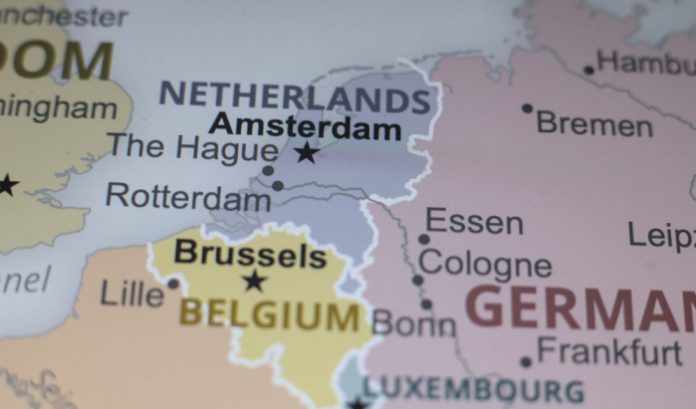The failings of the Netherlands’ Remote Gambling Act (KOA Act) have been questioned once more, as Dutch parties’ campaign for the General Election on 22 November.
As announced by the Christian Democratic Appeal (CDA), the party will endorse a ‘private members bill’ to terminate the existence of the KOA Act.
The CDA, which opposed the legalisation of Dutch online gambling in 2021, branded the KOA market an abject failure in its primary objective to protect national consumers and the vulnerable from gambling addiction.
The private members bill will be submitted by CDA MP Anne Kuik to the House of Representatives and will require cross-party support to be reviewed by the Council of State, for CDA proposals to be debated by Parliament with regards to reversing an existing law.
The development puts mounting pressure on Franc Weerwind, Dutch Minister for Legal Protections, to significantly strengthen player protections and safeguards of the KOA market, currently under review.
Despite the KOA Act being scrutinised, 2023 proceedings saw an intervention by the Ministry of Justice, ordering Dutch authorities to impose a “ban on untargeted advertising” applied across all media platforms.
The enforcement, sanctioned on 1 July, saw all KOA licensed operators prohibited from advertising on ‘publicly visible spaces’ be it on TV, radio, print media or outdoor advertising. Furthermore, all advertising campaigns will be inspected to ensure “95% of their audience is 24 years or older.”
Irrespective of the intervention, Minister Weerwind maintains confidence that the Kramer (parliament) will stringently reform Dutch online gambling laws and protections, as obliged by the KOA’s mandate approved in October 2021. Weerwind underlined that gambling laws are a discipline that must be approved by the Kramer.
However, the CDA lambasted Weerwind and the government for neglecting the findings of the National Rapporteur on Addictions (NRV), recommendations on the KOA Act.
Published last month, the NRV endorsed 22 recommendations by Dutch public health experts calling for “gambling limits, advertising restrictions and addiction prevention policies” to be adopted.
The NRV’s headline recommendation demanded the government to impose a overarching playing limit system”, mirroring Germany’s Fourth Interstate gambling regime.
Calling for the KOA framework to be dismissed, Anne Kuik highlighted that two years on from online gambling legalisation in the Netherlands, there has been a significant increase in problem gamblers.
‘We are seeing a huge increase in gamblers, 21% of whom are also young adults. This law is a product of the prevailing neoliberal political wind, in which it is not the interest of protecting the vulnerable that comes first – but profit and the free market.”
Calling on cross-party support to terminate the KOA Act, Kuik underlined the failure of a market which generated €1bn in earnings for gambling firms, but provided no obligation for companies to protect consumers from addiction.
“We do not need and do not want to wait for the law to be evaluated. That is why the CDA is introducing a bill to reverse the Remote Gambling Act.” – Ahead of a General Election, the CDA cited that Dutch parties could not support KOA as another policy failure led by People’s Party (VVD).
The Netherlands prepares to contest an election this November, with significant ministerial changes anticipated across all key departments, following the collapse of the governing four-party coalition in July over asylum laws and immigration reforms backed by the VVD Party.
The Collapse saw PM Mark Rutte resign, ending his 13-year premiership, choosing to take no part in the upcoming election as VVD’s leader.



























